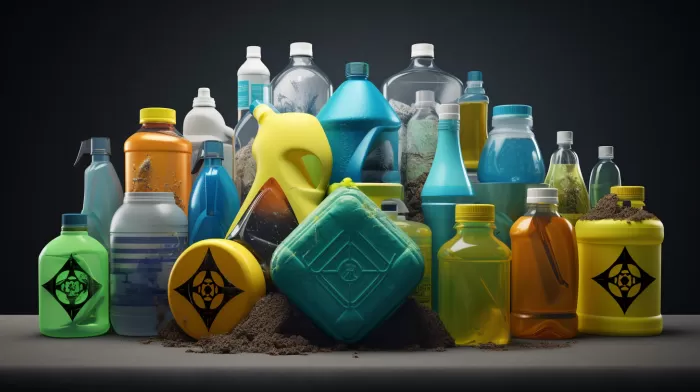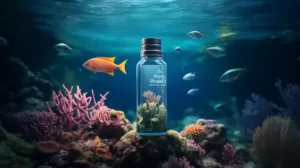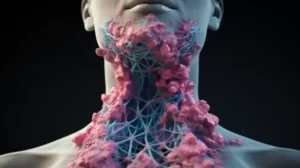Good hygiene is essential to good health, but many of the products we use to keep ourselves clean come with hidden health risks. Chemicals such as triclosan in hand soap, perchlorethylene (PERC) in dry-clean-only clothes, phthalates in dish soap, and formaldehyde in shampoo are just some examples of potentially harmful substances found in everyday items. Even more concerning, many products contain quaternary ammonium compounds (quats), which are dangerous antiseptic agents.
Quats can be found in toothpaste, mouthwash, lozenges, nasal sprays, eye drops, shampoos, lotions, and household cleaners, among others. These compounds are highly toxic and have been linked to numerous health problems in humans and animals, including asthma, reproductive issues, skin irritation, and gastrointestinal issues.
The University of California, Davis, recently conducted a study to examine how quats impact human cells. When they investigated the effects of quats on cells, they discovered that these chemicals inhibited a cell’s mitochondria. Mitochondria are crucial for cell health, as they are the powerhouses that break down nutrients to create the energy that fuels our cells. When cells lack enough energy to function properly, organs can’t get the energy they need to thrive and can begin to fail.
Additionally, quats were found to interfere with estrogen production. This explains why they have been connected to reproductive problems in animals and suggests a potential link to breast cancer. Gino Cortopassi, study researcher and UC Davis biochemist, emphasized the risks associated with quats, stating, “Disinfectants that we are putting on and in our bodies, and using in our environment, have been shown to inhibit mitochondrial energy production and the cellular estrogen response.” Notably, exposure to other mitochondrial-inhibiting drugs, like rotenone and MPTP, has also been associated with an increased risk for Parkinson’s disease.
If you want to avoid dangerous chemicals like quats in your personal care and cleaning products, start by simplifying your routine. Opt for natural products like vinegar, essential oils, and liquid castile soap. Make sure to check the labels on all products before you buy them, and steer clear of items with long lists of unrecognizable ingredients.
In case of uncertainty, the Environmental Working Group’s database is a helpful resource for finding healthy cleaning products and personal care items. You can also try making your own shampoo, soap, toothpaste, or household cleaner by searching for safe and natural recipes online. In doing so, you will not only protect your health but also contribute to a safer and cleaner environment for everyone.



